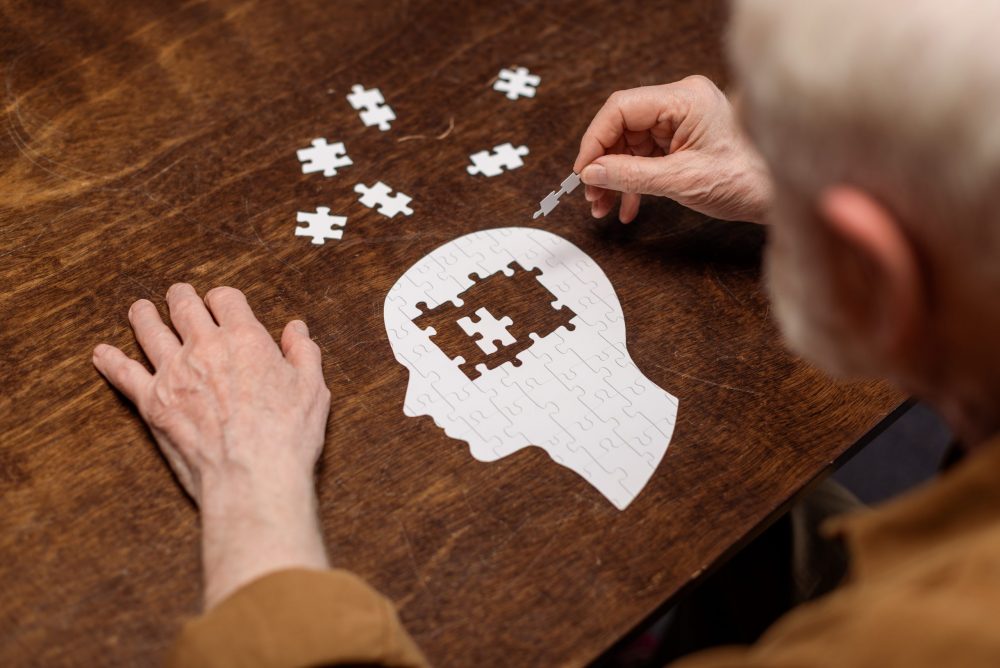Brain Health and Aging
Brain Health And Aging
"The aging process" can have significant effects on brain health. The brain undergoes certain changes with age, which can lead to declines in some cognitive functions. However, the brain can still show flexibility in healthy aging, and it is possible to maintain brain health by taking various measures.
To maintain brain health:
- Dietary habits are important. Antioxidants, omega-3 fatty acids, B vitamins, and other nutrients can support brain functions. A diet rich in fruits, vegetables, fish, whole grains, and healthy fats can help maintain brain health. Additionally, hydration also has a positive effect on brain function, so it is important to drink an adequate amount of water regularly.
- Physical activity is also important for brain health. Exercise increases brain blood circulation, promotes neuroplasticity, and stimulates the growth factors of nerve cells. Regular aerobic exercise can enhance mental sharpness and prevent cognitive decline. Moreover, exercise reduces stress, regulates sleep patterns, and lowers the risk of depression.
- A regular sleep pattern is critical for brain health. Sufficient and quality sleep helps repair brain cells and supports cognitive functions. Sleep deficiency can lead to cognitive issues such as memory problems, lack of focus, and difficulty concentrating. Maintaining a regular sleep schedule in daily routines, paying attention to sleep hygiene, and creating a relaxing sleep environment are important for a healthy sleep pattern.
- Stress management is also a significant factor in maintaining brain health. Chronic stress can have negative effects on the brain and impact cognitive functions. Coping with stress through relaxation techniques, meditation, yoga, deep breathing, and engaging in social connections are effective methods. Additionally, social interactions support brain health by activating neural networks and enhancing cognitive reserves. Activities such as spending time with friends, participating in social events, and volunteering have positive effects on brain health.
- In addition to these factors, taking brain-supportive supplements regularly may be beneficial for maintaining brain health. Nutritional supplements such as omega-3 fatty acids, vitamin D, B vitamins, and antioxidants can support brain functions. However, the use of these supplements should be done under the guidance of a healthcare professional.
- Lastly, mental activities have a significant impact on brain health. The brain weakens when not in use. Mental activities such as puzzles, learning new skills, and acquiring new hobbies are important for maintaining and improving brain functions. Continuous learning and mental stimulation are necessary for brain health. Activities like acquiring new hobbies, learning a new language, and playing musical instruments support brain health.





